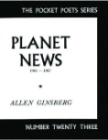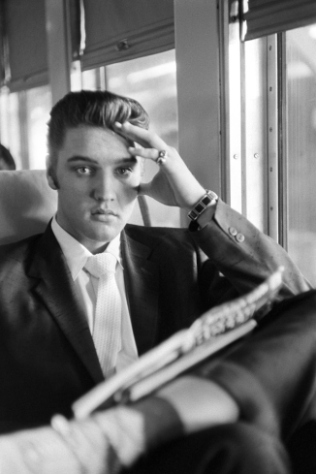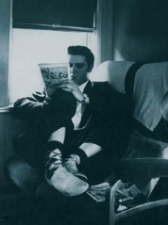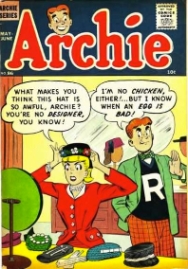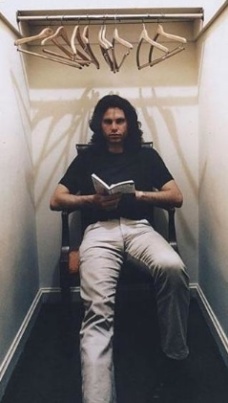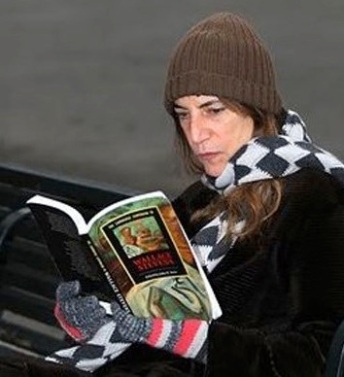
On April 17, 2013, John Densmore — best known as drummer for The Doors — released The Doors Unhinged: Jim Morrison’s Legacy Goes on Trial, a memoir about his extended legal battle with bandmates Ray Manzarek and Robby Krieger over the right to use the name “The Doors.”
OFFICIAL OVERVIEW OF THE BOOK: The subject of The Doors Unhinged is the “greed gene”, and how that part of the human psyche propels us toward the accumulation of more and more wealth, even at the expense of our principles and friendships and the well being of society. A Rock and Roll Hall of Fame band, The Doors fractured because of this. In his book, drummer John Densmore looks at the conflict between him and his band mates as they fought over the right to use The Doors’ name. At the same time, Densmore examines how this conflict mirrors and reflects a much larger societal issue — that no amount of money seems to be enough for even the wealthiest people.
OUR THOUGHTS: When The Doors started out in 1965, the bandmates decided to share everything equally — and give everyone equal credit. That meant that no matter who had written a song, the credit line would read: The Doors. This has always struck me as smart — and a way of making sure that everybody stayed involved and felt appreciated, because everybody was making the same amount of money.
But after frontman/rock god Jim Morrison died in 1971, the three remaining bandmates couldn’t agree about how and when to use The Doors’ music and name, with Densmore as the holdout when it came to selling out (especially when it came to using their songs for advertising). All hail, John Densmore!
ABOUT THE AUTHOR: An original and founding member of the musical group The Doors, John Densmore co-wrote and produced numerous gold and platinum albums and toured the United States, Europe, and Japan. His autobiography, Riders on the Storm, was on the New York Times bestseller list, and in 1993 he was inducted into the Rock & Roll Hall of Fame. He has written numerous articles for Rolling Stone, London Guardian, The Nation, LA Times, Chicago Tribune, and Utne Reader. He co-produced Road To Return, narrated by Tim Robbins — a film that won several prestigious national awards and was screened for Congress, resulting in the writing of a bill. He also executive produced Juvies, a film narrated by Mark Wahlberg that aired on HBO and won numerous awards, including 2004 IDA for excellence and U.S. International Film Fest for creative excellence.

Joan Jobe Smith (pictured in June 2013 with John Densmore) — author of the Silver Birch Press Release CHARLES BUKOWSKI EPIC GLOTTIS: His Art, His Women (& me) — was a go-go dancer for seven years and in 1966 danced live with The Doors at Whisky a Go Go on the Sunset Strip in Los Angeles.

Smith and her husband, poet Fred Voss (pictured at left with John Densmore) — a longtime avid fan of The Doors — attended a book signing on June 1, 2013 at Fingerprints, a record store in Long Beach, California, where they waited in line with hundred of other fans for a chance to meet Densmore and hear about his book. The reading was originally planned for late May, but Densmore rescheduled out of respect for his bandmate Ray Manzarek, who passed away on May 20, 2013 at age 74.
Like Fred Voss, I am a longtime, avid fan of The Doors — and I can’t wait to read The Doors Unhinged (great title!), available at Amazon.com.
Photos by Fred Voss and Joan Jobe Smith








